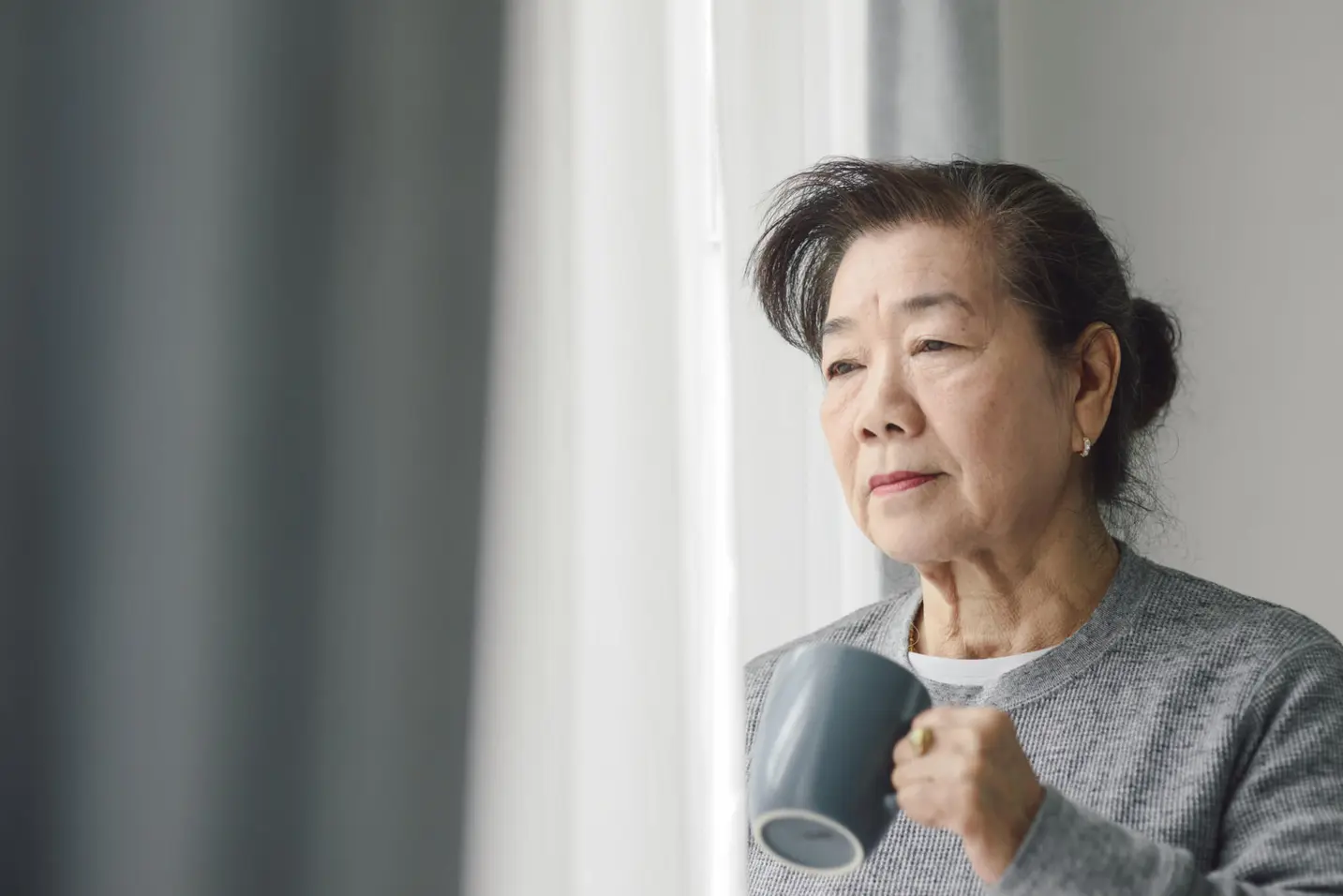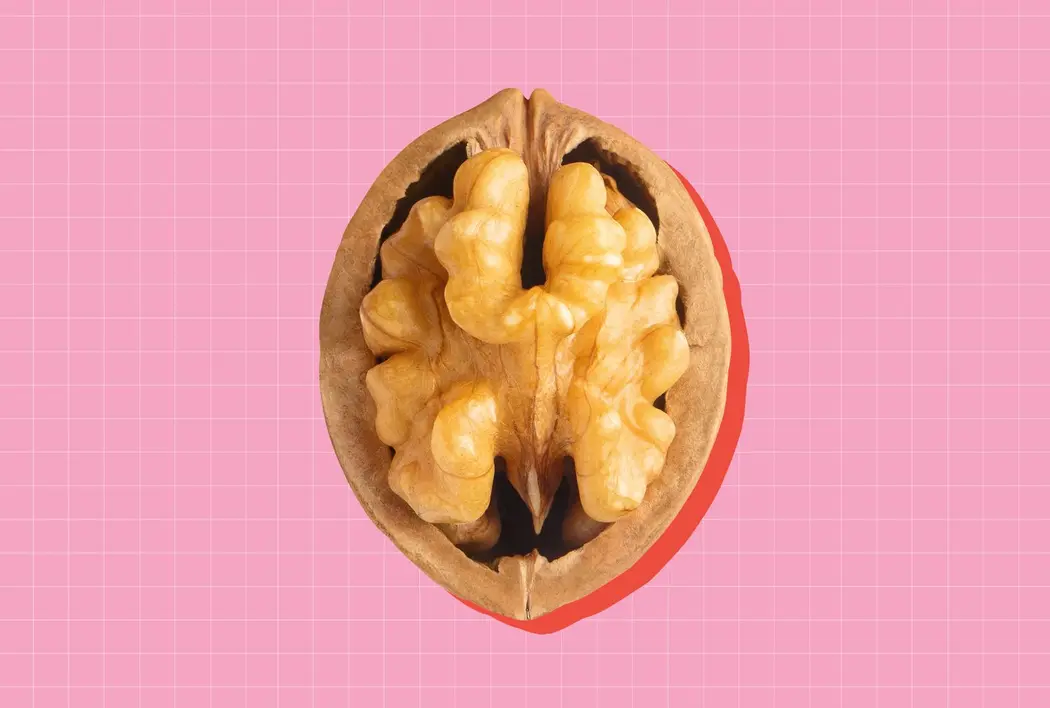T4K3.news
Stress Internalization Linked to Memory Decline
New study finds a link between stress internalization and faster memory decline in elderly Chinese Americans, highlighting the need for culturally aware mental health support.

A study links stress internalization in older Chinese Americans to faster memory decline, signaling a need for culturally aware mental health support.
Stress Internalization Linked to Memory Decline in Elderly Chinese Americans
A study of 1,528 Chinese American adults in the Chicago area followed over four years. All participants were part of the Population Study of Chinese Elderly (PINE) and completed memory tests in three rounds, using participants' preferred Chinese dialects to reduce language bias. The researchers found that high stress internalization, a pattern of keeping stress and hopelessness private, was associated with faster memory decline, especially in memory tasks, while other cognitive skills were not affected.
Social activity and cultural adaptation were linked to higher memory scores at the start but did not slow the rate of decline. About 60 percent lived in Chicago’s Chinatown, a context that can reinforce traditional norms about emotional expression. The authors describe stress internalization as potentially modifiable and call for community education, culturally tailored mental health programs, and better clinician screening, while noting limitations such as the focus on one metro area and the use of tests designed for English speakers.
Key Takeaways
"These maladaptive traits have been linked to the Asian model minority stereotype but all the same potentially modifiable."
Direct study note on stereotype and changeability
"Stress internalization is not a medical condition, it is a pattern of coping."
Definition of the concept used by researchers
"Sometimes the strongest thing you can do for your mind is speak up and let others help carry the load."
Closing guidance echoed by experts
"Resilience is not just about pushing through on your own, help should meet people where they are."
Editorial closing call to action
Editorially, the findings highlight how cultural expectations around stoicism can intersect with aging to shape health outcomes. Treating stress internalization as a modifiable pattern rather than a fixed trait invites practical reforms, but it also risks pathologizing cultural norms if not framed carefully. Public health strategies should couple education with access to respectful mental health services, ensuring language and cultural needs are met without reinforcing stigma. The study also raises questions about how social support networks and immigrant status interact with memory health, suggesting a broader look at structural factors like language barriers and access to care.
Highlights
- Stress internalization is not a medical condition, it is a pattern of coping.
- These traits have been linked to the Asian model minority stereotype yet they are modifiable.
- Sometimes the strongest thing you can do for your mind is speak up and let others help carry the load.
- Resilience is not just about pushing through on your own, help should meet people where they are.
Sensitive cultural topic may trigger backlash
The discussion of stereotypes and health disparities linked to a specific ethnic group could provoke strong responses or misinterpretation. The piece should be careful to avoid blame and emphasize supportive action.
A path forward sits in community led care that treats emotional wellness as brain health.
Enjoyed this? Let your friends know!
Related News

Hiroshima commemorates 80th anniversary of atomic bombing

New study links SNAP to slower cognitive decline in older adults

Study links lead exposure to increased dementia risk

Hiroshima marks 80th anniversary of atomic bombing

Brain fog relief starts on the plate

Study reveals poverty's impact on women's memory decline

Rosemary shows potential in Alzheimer's treatment

Extreme heat linked to accelerated biological aging
